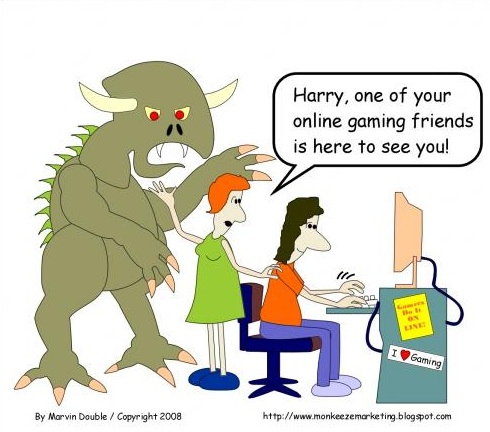A decision came down supporting NY State’s case against the fantasy sports business. As with many aspects of the new economy and technology active in areas where the ordinary citizen has an opportunity to invest for profit or loss, we wonder where lines are drawn.
Under New York Penal Law 225.00, “gambling” is defined as the staking or risking of something of value on the outcome of either (1) “a contest of chance,” or (2) “a future contingent event not under [that person’s] control or influence,” each with the agreement or understanding that the person will receive something of value in the event of a certain outcome. (At least eight other states employ the same test: Alabama, Alaska, Hawaii, Missouri, New Jersey, Oklahoma, Oregon and Washington.)
This definition sets forth two separate categories of gambling: (1) wagering on a “contest of chance,” and (2) wagering on the outcome of a “future contingent event” over which the bettor has no “control or influence.” The latter of these two categories is not dependent on a “skill vs. chance” assessment, but, rather, looks to whether an alleged bettor can “control” or “influence” the outcome of the “future contingent event.”
The statute, however, does not define these words. But the plain meaning of the words “control” and “influence” would seem to connote being able to have an “impact” or an “effect” on the event itself, which brings us back to the ultimate question: What is the “future contingent event” in a DFS contest? Is it the real-world sporting event or events on which scoring is based? Or is it the DFS contest itself?

